Produce what you need, when you need it. Reduce costs, increase flexibility, and stay agile and competitive in today’s fast-paced market.
Our on-demand manufacturing services provide flexible, fast, and cost-effective production for all your project needs. Leveraging an extensive network of workshops and advanced manufacturing techniques, we ensure rapid delivery of high-quality products at competitive prices.
Our team of experienced engineers offers design optimization and expert guidance, helping you achieve the best possible end product while maintaining efficiency and precision throughout the production process.
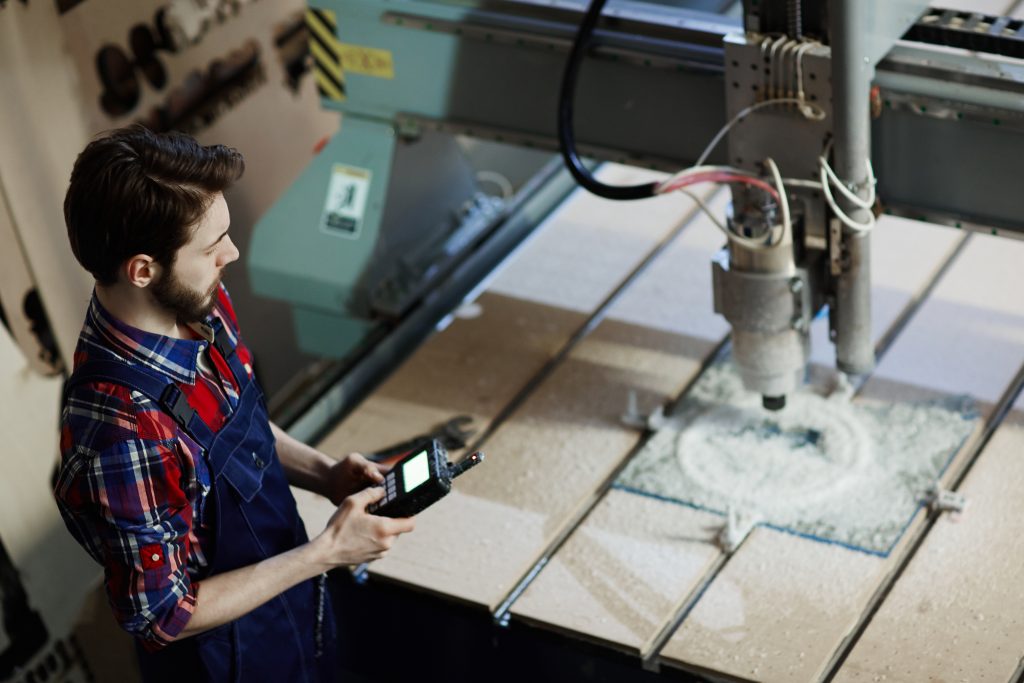
Vacuum casting is an efficient prototyping technique for producing high-quality, detailed replicas quickly and cost-effectively. It is ideal for small to medium quantities of functional plastic parts that closely resemble the finish and precision of injection-molded products. This method accurately replicates fine details and textures, making it perfect for functional testing, proof-of-concept models, and test marketing.
Our rapid vacuum casting service delivers fast turnaround with exceptional fidelity, supporting a wide variety of materials and finishing options to meet diverse prototyping requirements. This approach allows product developers to accelerate the development process while ensuring high quality and precision.
Specifications:
With vacuum casting, you get versatile, accurate, and cost-effective prototypes that help validate designs and reduce risk before mass production.
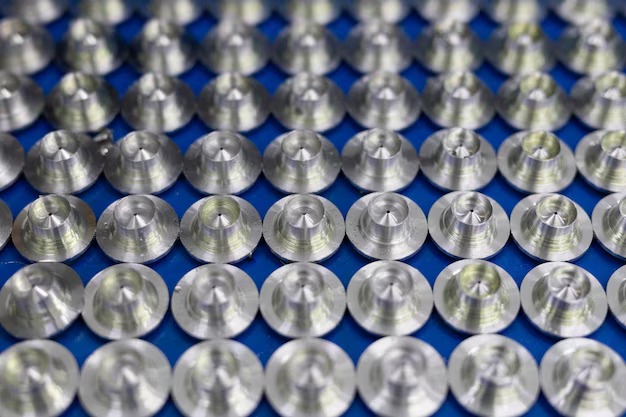
Plastic injection molding is a manufacturing process in which plastic resins (thermoplastics or thermosets) are melted and injected under pressure into a mold cavity. The material fills the cavity and solidifies to produce the final part with high precision and repeatability.
Standard Capabilities:
Mold Cavity Tolerances: ±0.05 mm
Standard Lead Time: 15 business days or less
Part-to-Part Repeatability: ±0.1 mm
Production Capacity: 1–100,000 cycles
Injection molding is ideal for producing durable, consistent, and high-quality parts, whether for prototyping, low-volume, or mass production.
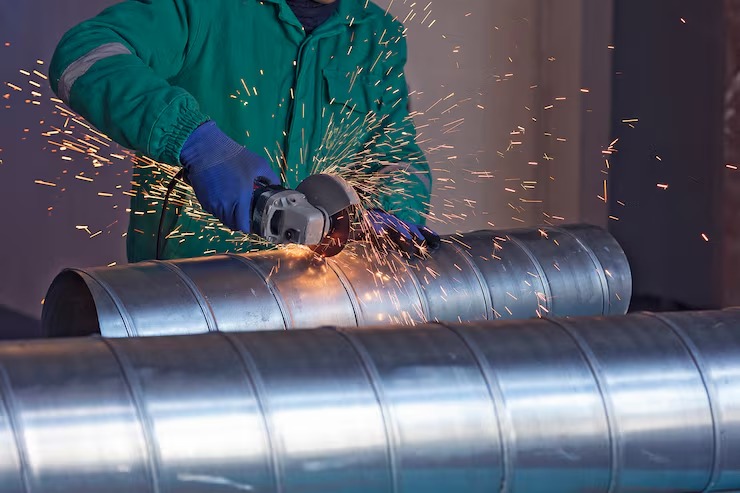
Sheet metal fabrication is the process of transforming flat sheets of steel or aluminum into functional metal components or products through cutting, punching, bending, and assembly. This method allows for precise and repeatable production of complex shapes and structures.
Tolerance Details:
Edge to edge / Edge to hole / Hole to hole (single surface): ±0.005 inch
Bend to edge / Bend to hole (single surface): ±0.010 inch
Edge to feature / Over-formed part (multiple surfaces): ±0.030 inch
Bend Angle: [Specify tolerance if needed]
Sheet metal fabrication is ideal for prototyping, custom components, and small-to-large production runs, offering both accuracy and flexibility for a wide range of applications.
This approach ensures reliable, precise, and high-fidelity sheet metal prototypes, perfect for testing, validation, and rapid product development.
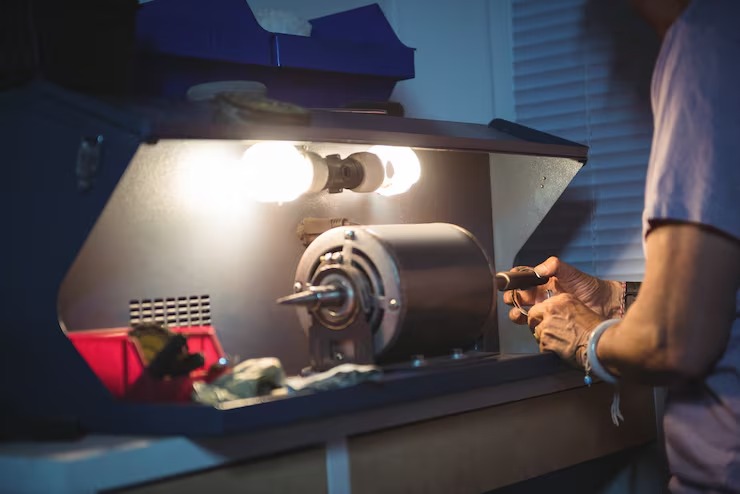
Vacuum casting is a manufacturing process in which liquid material is poured into a silicone mold under vacuum, allowing the creation of complex, high-precision parts that closely replicate production components. This method is ideal for small to medium batches of functional plastic prototypes.
Standard Capabilities:
Maximum Build Size: ±0.025 mm (±0.001 inch)
Standard Lead Time: Up to 20 parts within 15 days
Dimensional Accuracy: ±0.05 mm
Layer Thickness: 1.5 mm – 2.5 mm
Vacuum casting delivers detailed, high-fidelity parts suitable for functional testing, proof-of-concept models, and small-scale production.
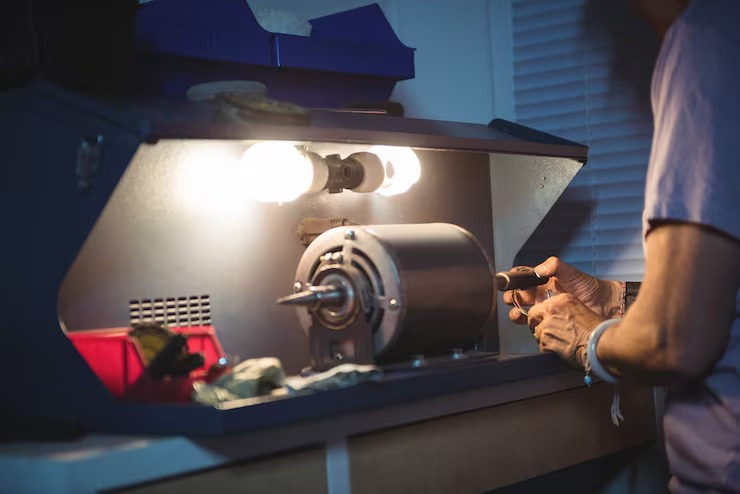
Die casting is a manufacturing process in which molten metal is poured or injected into steel molds to produce precise, high-quality metal parts. This method is widely used for creating complex shapes with consistent dimensional accuracy in small to medium production runs.
Standard Capabilities:
Maximum Part Size: 300 × 650 mm
Standard Lead Time: Up to 20 parts within 15 days
Dimensional Accuracy: ±0.05 mm
Layer Thickness: 1.5 mm – 2.5 mm
Die casting is ideal for producing durable, high-fidelity metal components suitable for functional testing, prototyping, and low-volume production.
Rapid prototypes are produced quickly, allowing immediate testing, feedback, and design adjustments. This accelerates the overall product development cycle and reduces time-to-market.
Prototyping helps validate design concepts and engineering specifications, ensuring parts meet functional and performance requirements before moving to Production.
Once prototypes are approved, the process for high-volume production is streamlined, maintaining quality standards while meeting production deadlines efficiently.
On-demand manufacturing is a flexible production approach where parts or products are produced only when needed, reducing inventory costs and enabling faster response to market demands.
By producing items only as required, businesses avoid excess inventory, minimize storage expenses, and reduce waste, leading to lower overall manufacturing costs.
On-demand manufacturing supports a wide range of products, including custom parts, prototypes, low-volume production items, and specialized components across various industries.